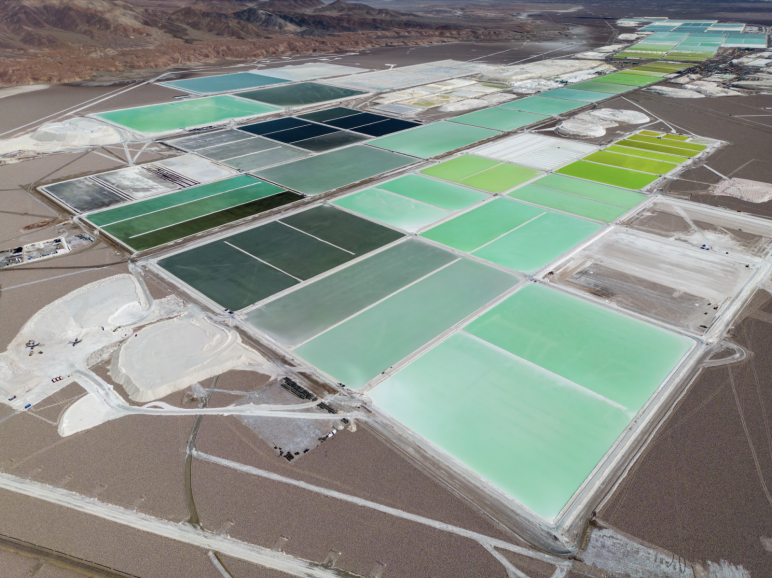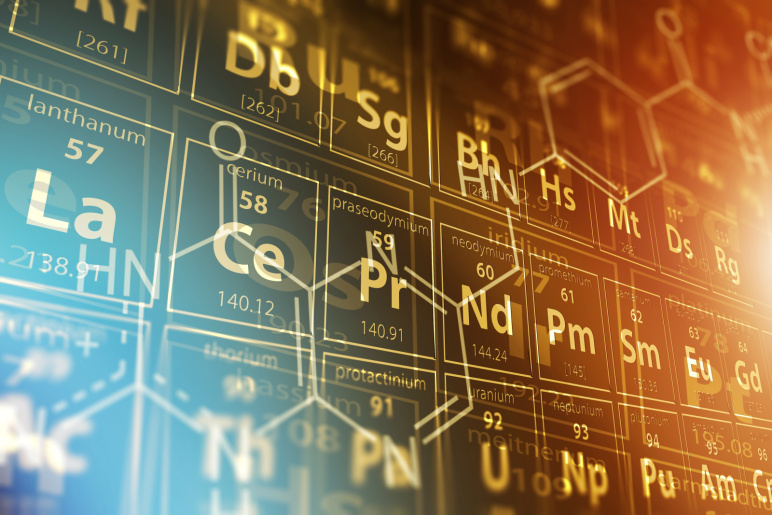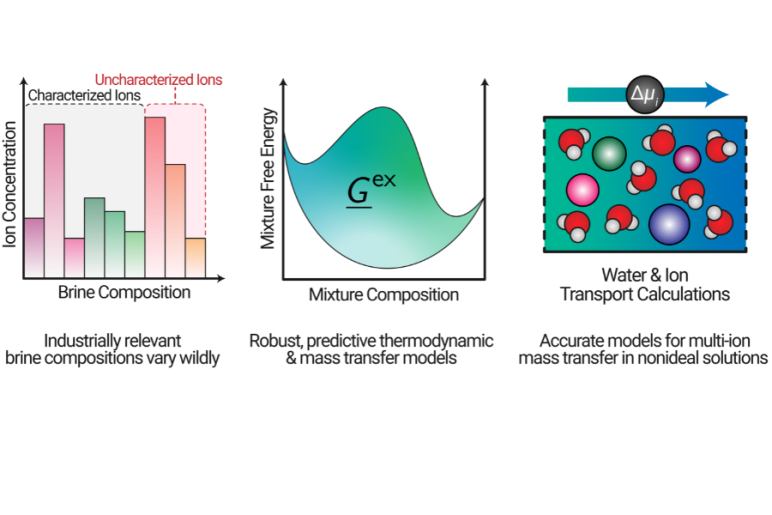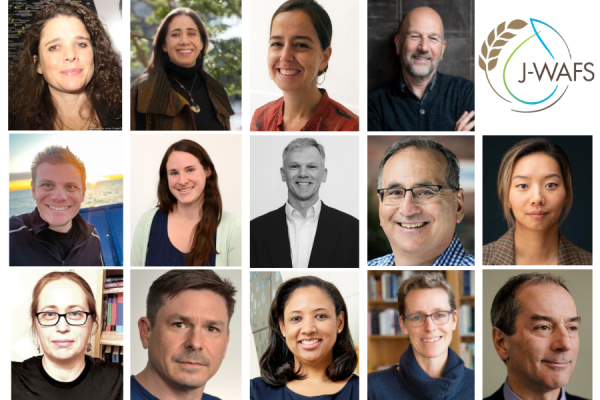Our Research Predictive activity coefficient and diffusion models for transport in multicomponent brines

Lithium-rich brine evaporation ponds in the Atacama Desert, Chile.

Industrially relevant brines contain large numbers of metals.

Predictive thermodynamic and mass transfer models will be built for multicomponent brines. Photo credit: Akshay Deshmukh
Principal Investigator
John H. Lienhard V
- Former Abdul Latif Jameel Professor of Water and Mechanical Engineering, Department of Mechanical Engineering
- Senior Advisor and Founding Director of J-WAFS
John H. Lienhard V is the Abdul Latif Jameel Professor of Water and Mechanical Engineering. After joining the MIT faculty in 1988, Lienhard’s research and educational efforts focused on heat and mass transfer, water purification and desalination, and thermodynamics. He also filled a number of administrative roles at MIT.
Lienhard received bachelor’s and master's degrees in thermal engineering at UCLA from the Chemical, Nuclear, and Thermal Engineering Department, where he worked on buoyant instabilities in solar collectors and evaporating meniscus measurements for MED desalination systems. He joined MIT immediately after completing his PhD in the Applied Mechanics and Engineering Science Department at UC San Diego, where he did wind-tunnel experiments on the statistical and spectral evolution of thermally stratified turbulent flows.
At MIT, Lienhard’s research on water purification spanned a broad range of desalination technologies, encompassing fundamental thermodynamics, transport phenomena, chemical and electrochemical separations, and system design. Lienhard directly supervised more than 90 PhD and master theses, and he authored more than 300 peer-reviewed publications and three textbooks. He has been issued more than 40 U.S. patents, most of which have been commercialized through start-up companies.
Lienhard is a Fellow of the American Society of Mechanical Engineers (ASME), a Fellow of the American Association for the Advancement of Science (AAAS), and a Fellow of the American Society of Thermal and Fluid Engineers (ASTFE). He is a recipient of the 1988 National Science Foundation Presidential Young Investigator Award, the 1992 SAE Teetor Award, the 2012 ASME Technical Communities Globalization Medal, and the 2015 ASME Heat Transfer Memorial Award, the 2019 ASME Edward F. Obert Award, the 2021 AIChE/ASME Donald Q. Kern Award, and the 2024 Lifetime Achievement Award of the International Desalination and Reuse Association.
In 2014, Lienhard founded the Abdul Latif Jameel Water and Food Systems Lab, and he directed the lab until 2025. Under his leadership, J-WAFS awarded research grants of more than $25 million at MIT, supporting hundreds of researchers. In addition to scientific research, a dozen new companies were spun-out of J-WAFS. Professor Lienhard was also the founding director of the Center for Clean Water and Clean Energy (2008-2017), and the founding director of the Ibn Khaldun Fellowship for Saudi Arabian Women (2009-2017). He served as the Director of the Rohsenow Kendall Heat Transfer Lab from 1997 to 2025.
Challenge:
Can we build robust, predictive thermodynamic and mass transfer models for transport in highly nonideal brines?
Research Strategy
- Build a generalizable computational model to predict chemical potential in high-salinity brines containing a large number of salts
- Develop mass transfer models for diffusive flow in multicomponent brines, leveraging ion conductivity measurements
- Combine predictive thermodynamic models with a robust mass transfer framework to analyze diffusive transport in complex, nonideal brines
Project description
More than two thirds of the global population currently face severe water scarcity for at least one month each year. Rapid industrialization and population growth, exacerbated by climate change, are expected to increase global water demand by 20-30% by 2050. Recycling agricultural and industrial wastewater is critical to reducing freshwater usage and alleviating water scarcity. Minimizing wastewater volumes and removing harmful pollutants, such as heavy metals and eutrophication-causing minerals, also plays an important role in protecting freshwater resources from contamination. Robust thermodynamic and mass transport models are critical for developing new, efficient technologies for brine concentration and valorization. Precise calculations of osmotic and mean ion activity coefficients are especially important for designing membrane and electrochemical processes to treat high-salinity brines (>100 g/kg), which are highly nonideal solutions. Furthermore, rigorous mass transport models are needed to predict ion fluxes in multicomponent mixtures, in which naïve concentration-gradient-transport models can fail catastrophically.
This project will develop open-source computation tools to estimate unknown thermodynamic interaction parameters and diffusion coefficients in highly nonideal, multicomponent aqueous mixtures. The team will combine (1) rigorous models for aqueous solution thermodynamics with parameter estimation in under-characterized mixtures, and (2) multicomponent mass transfer models that leverage simple ion conductivity measurements to (3) build a predictive framework for mass transport in nonideal multicomponent brines.
Lienhard is working with MIT research scientist Akshay Deshmukh to conduct this work.
News
Additional Details
Impact Areas
- Water
Research Themes
- Water Purification & Desalination
Year Funded
- 2024
Grant Type
- Seed Grant
Status
- Ongoing

